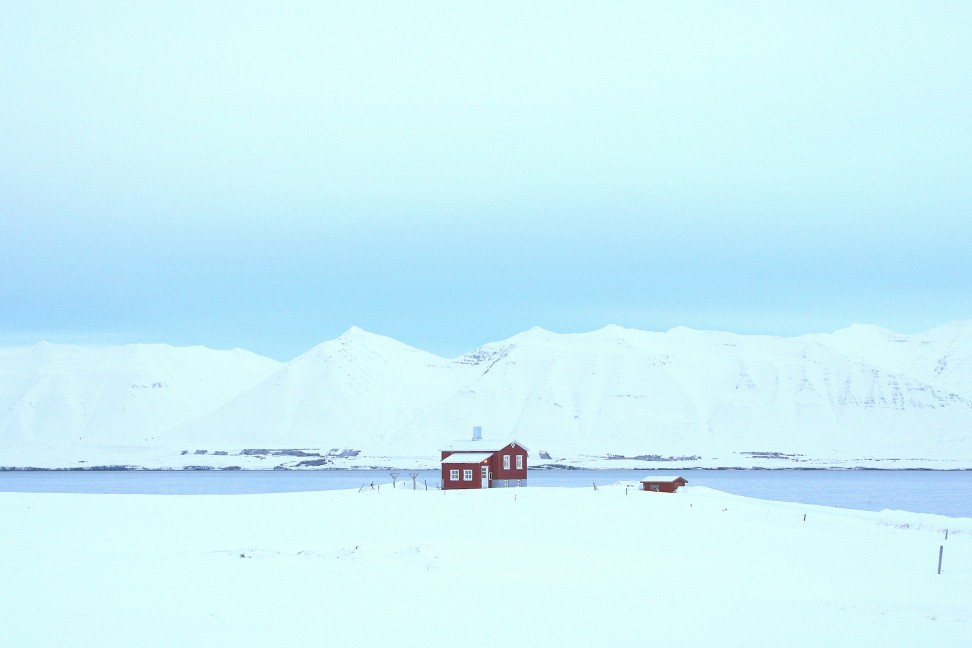The summer of 2021 has been marked by record-breaking heatwaves across the globe, with temperatures soaring to unprecedented levels in many regions. One such heatwave that has captured headlines recently is the one sweeping across the West Coast of the United States. From California to Washington, residents are feeling the brunt of scorching temperatures that have shattered previous records and caused widespread concerns about the impacts of climate change.
As temperatures continue to climb to dangerous levels, many areas are experiencing triple-digit heat that is not only uncomfortable but also poses serious health risks. The extreme heat has prompted officials to issue heat advisories and warnings, urging residents to take precautions to stay safe and hydrated. In cities like Portland, Oregon, where temperatures reached 116 degrees Fahrenheit, the unprecedented heatwave has led to overwhelmed hospitals, strained power grids, and even wildfires breaking out in some areas.
The heatwave has also had a significant impact on agriculture, with farmers facing challenges as crops wither and livestock struggle to stay cool in the intense heat. In California’s Central Valley, which is known as the breadbasket of the United States, farmers are grappling with drought conditions and water shortages exacerbated by the scorching temperatures. The dry, hot weather has also increased the risk of wildfires, with authorities warning of the potential for more fire outbreaks in the coming weeks.
The record-breaking heatwave is a stark reminder of the urgent need for action on climate change. Scientists have long warned that rising global temperatures would lead to more frequent and intense heatwaves, with devastating consequences for communities and ecosystems. The West Coast heatwave serves as a sobering reminder of the reality of climate change and the need for bold, decisive action to reduce greenhouse gas emissions and transition to a more sustainable, renewable energy future.
In addition to the immediate impacts of the heatwave, there are also longer-term implications for the West Coast and beyond. The extreme heat is a stark reminder of the vulnerability of communities to the impacts of climate change, with marginalized populations often bearing the brunt of the effects. As temperatures soar, vulnerable communities without access to air conditioning or cooling centers are at increased risk of heat-related illnesses and even death. The heatwave also highlights the need for better urban planning and infrastructure to mitigate the impacts of extreme heat in cities and towns.
While the West Coast heatwave is just one example of the impacts of climate change, it serves as a wake-up call for policymakers, businesses, and individuals to take action to reduce greenhouse gas emissions and build resilience to the effects of a warming planet. Transitioning to renewable energy sources, investing in energy efficiency, and adapting to the impacts of climate change are critical steps that can help mitigate the worst effects of global warming and build a more sustainable future for all.
As the West Coast heatwave continues to grip the region, it is a stark reminder of the urgent need for action on climate change. The record-breaking temperatures, strained infrastructure, and health risks facing communities are a clear signal that we must act now to address the root causes of global warming and build a more sustainable, resilient future. By taking bold, decisive action on climate change, we can help protect vulnerable communities, preserve ecosystems, and ensure a healthy planet for future generations. Let the West Coast heatwave be a call to action for us all.









